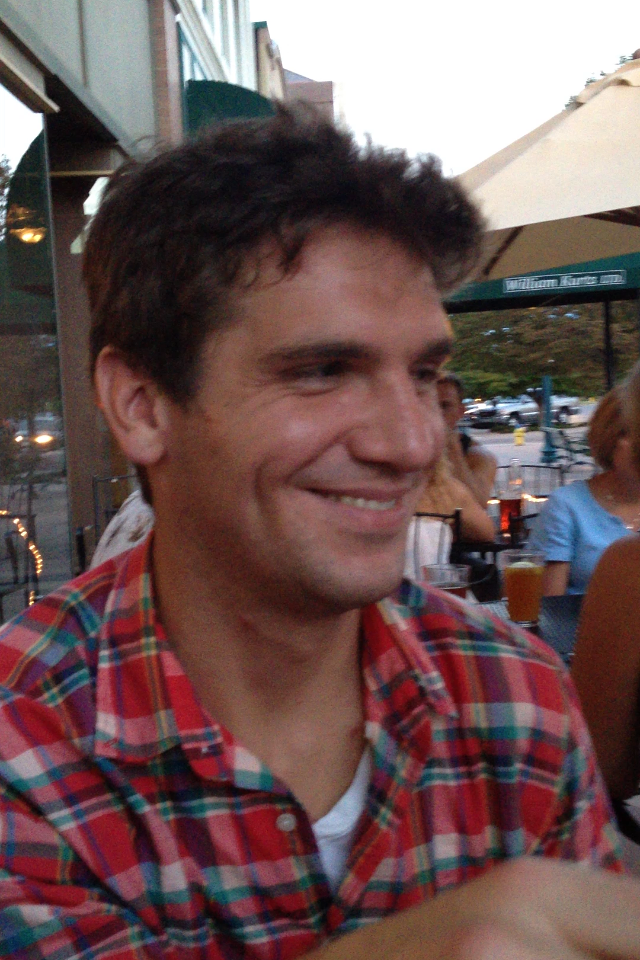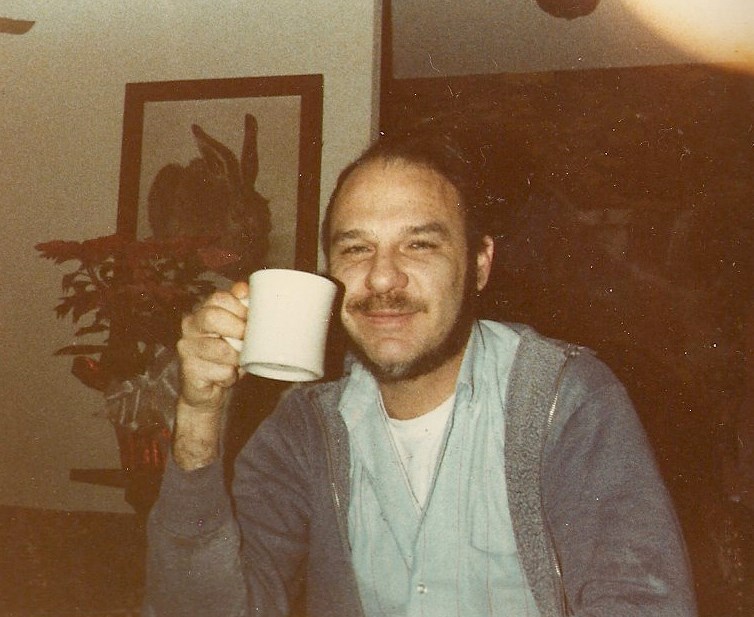On Monday I flew to Virginia to speak to a gathering of Salvation Army officers who operate their addiction rehabilitation centers in the Southeast. I was pretty nervous about it. I was also deeply grateful for the opportunity.

Just to have him next to me. Alive. Sober. Just to have him squeeze my shoulder now and then and say, "You're going to do great, Mom."
How can this be the same young man who used to smoke pot for breakfast? Who I used to fear would turn out like my father -- addicted, depressed, and suicidal?
How can I be the same mother who used to drown my worry about Noah's drugging and drinking by getting drunk myself? Who used to live in dread of being exposed as an alcoholic and would rather die than declare it from a podium?
The only explanation is that Noah and I are walking, talking miracles -- living proof of God's goodness and grace.
This was never so clear to me as it was on Monday as I spoke about the role of faith in my journey of recovery. Noah graciously allowed me to share some parts of his story, too -- including how he'd probably be dead if the apartment where he was living when he hit bottom had had a garage.
After I spoke, we had a buffet lunch with the Salvation Army folks, and I noticed how easily Noah chatted with people. Several times I overheard someone ask him hopefully, "So do you speak, too?"
He laughed and said no. But you know what? He does speak. His life speaks. And nothing speaks louder than the story he can't help telling just by being who he is today.
At one point, a man whipped out his wallet to show Noah and me a photo of a ragged-looking young man. "This here is 'Frank' before," he explained, meaning before he came to their program. "And this is him after," he said, showing me a photo of a clean-cut, smiling man who now works for their organization.
He couldn't have been prouder had he been this guy's father.
When I was invited to speak to the Salvation Army, initially I was perplexed. What came to mind first were the thrift stores I spent half my childhood trapped in with my bargain-loving mother.
What came to mind next were the red donation cans and the tinkling bells at Christmas.
And then, I thought of my father. Mentally ill and addicted, he spent the second half of his too-short life homeless, in mental hospitals, in halfway houses -- and in more than a few Salvation Army rescue missions.
Early in my recovery, I attended a meeting downtown where the "Sallys" -- the men participating in the nearby Salvation Army rehab program -- reminded me of my father. Their stories touched me deeply for this reason, but also because the changes in their lives were often so dramatic. I'd listen in near disbelief, thinking, You mean to tell me this articulate, hard-working man was living under a bridge just a year ago?
Sadly, my dad wasn't one of these success stories. He never found recovery for long, and he took his own life at 47. No one ever pulled his mug from their wallet to show how the program worked.
 Yet in Virginia, I was struck by the sweetness of God to bring me to speak here, and especially with Noah along. It felt like coming full circle, like this was the real end to my dad's story.
Yet in Virginia, I was struck by the sweetness of God to bring me to speak here, and especially with Noah along. It felt like coming full circle, like this was the real end to my dad's story.
Best of all, I got a chance to look some of these folks from the Salvation Army in the eye and say a belated, Thank you. My father was hungry and you fed him. My father needed clothes and you clothed him. My father was homeless and you sheltered him.
This is what it looks like to live out the gospel. This is what it means to stand at the intersection of addiction and grace.